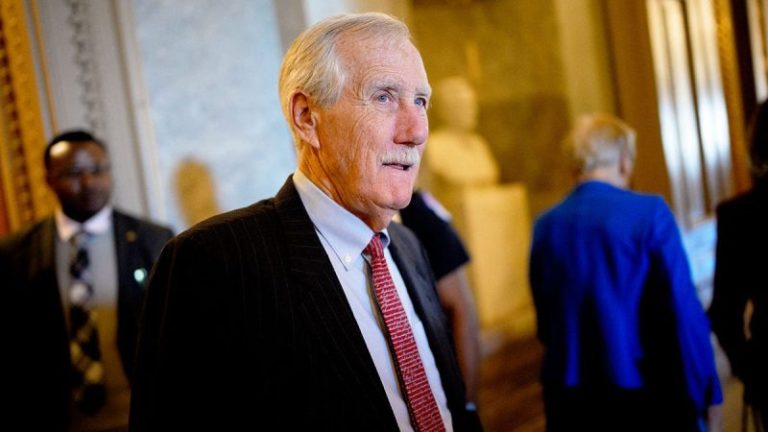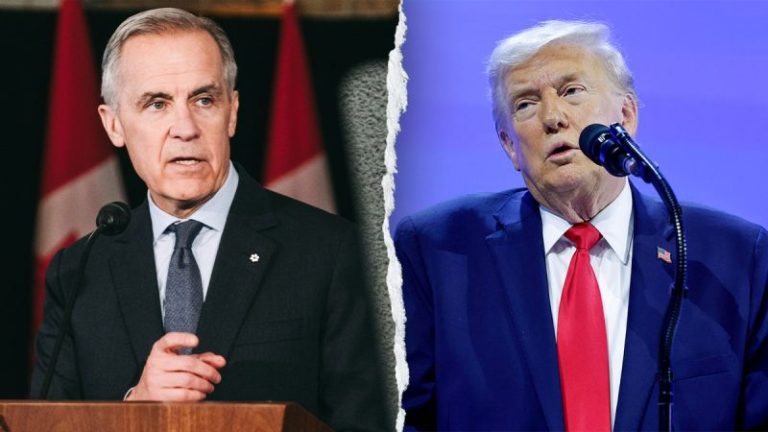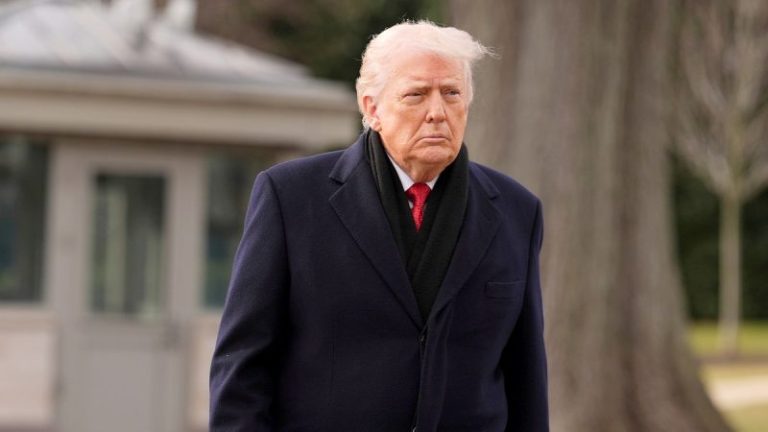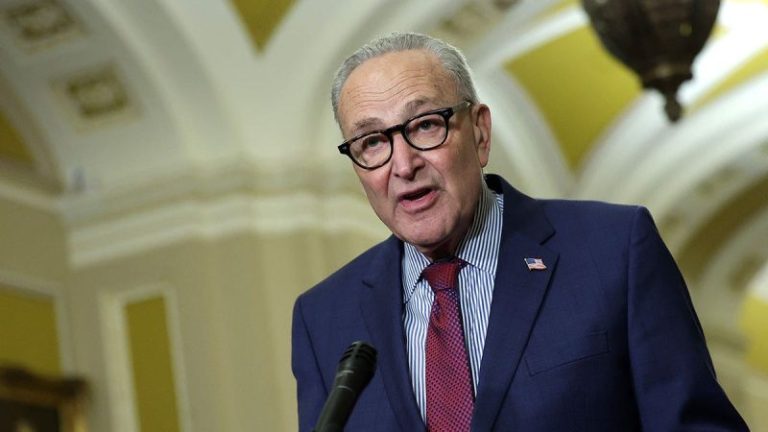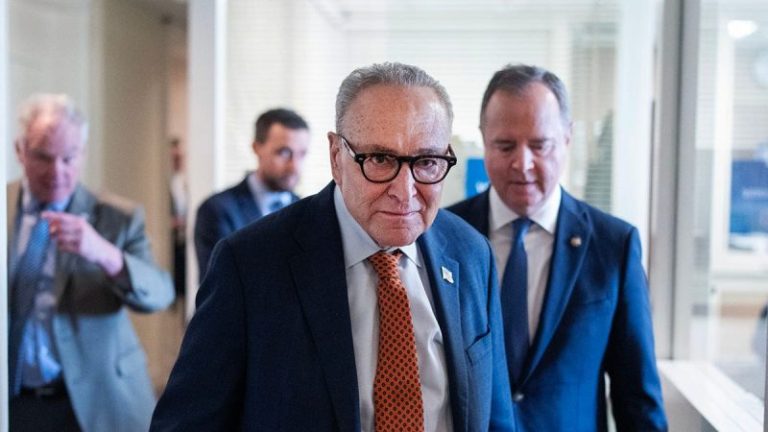Christians in Sudan are daily facing hunger, misery and terror. The new Open Doors World Watch List for 2026, which ranks the worst countries in the world for the persecution of Christians, placed the country at No. 4, up one place from last year’s report.
There are an estimated 2 million Christians in the conflict-ridden northeastern African country. Sudan’s civil war has raged past the 1,000- day milestone with 150,000 people reported to have been killed and more than 13 million displaced. Christians have lived in Sudan since the late first century.
Many of Sudan’s Christians live in the Nuba Mountains, part of the Kordofan region. Rafat Samir, general secretary of the Sudan Evangelical Alliance, told Fox News Digital that the ‘Nuba Mountains now, where the majority of our church members are coming from, is under siege and bombing every day for the last six months or seven months. Last week, after Christmas, they bombed our church, hospital and school.’
Adding to the misery, a report by MEMRI, citing Christian Daily international, said 11 Sudanese Christians were killed, as they took part in a procession to their church for a religious celebration on Christmas Day by a drone operated by the government’s Sudanese Armed Forces. 18 others were injured in the attack. MEMRI reported the SAF are backed by the Muslim Brotherhood.
A State Department spokesperson told Fox News Digital, ‘Since the April 2023 outbreak of conflict in Sudan, we have witnessed significant backsliding in Sudan’s overall respect for fundamental freedoms, including religious freedom. This backsliding especially impacts Sudan’s oppressed ethnic and religious populations, including Christians.’
In a Fox News Digital report last year, Christians were said to be eating grass to survive. Samir says the position is even more bleak in 2026: ‘even the grass is gone now.’
‘The conflict is accelerating the erasure of ancient Christian communities and sacred heritage,’ Mariam Wahba, research analyst at the Foundation for Defense of Democracies (FDD), told Fox News Digital. ‘These losses will be far harder to reverse than the rebuilding of roads or ministries once the guns fall silent,’ she said.
Ideologically, Sudan’s Christians face a hostile future, Samir of the Evangelical Alliance said. ‘Both sides in the civil conflict are daughters of the Islamist movement in Sudan, and the Islamic ideology of both of them is to not have tolerance for others. They consider everyone different from them is against them. The Christian is considered their enemy as part of their religious ideology, and opposing them their religious duty.’
He continued, ‘So whoever does something to harm Christians is considered favorable to the law or to Allah.’ Samir went on to say, ‘the country is getting back to the dark ages.’
Repeated and continuing attempts at getting the government’s Sudanese Armed Forces (SAF) and the opposing militia, the Rapid Support Forces (RSF), to reach a ceasefire have failed. Both sides admit they are still fighting and, it’s clear, killing civilians with sustained energy, particularly in the central Sudanese region of Kordofan, home to many Christians.
‘The United States is committed to ending the horrific conflict in Sudan,’ a State Department spokesperson told Fox News Digital, adding, ‘Under President Trump’s leadership, we are working with our allies and others to facilitate a humanitarian truce and bring an end to external military support to the parties which is fueling the violence. President Trump wants peace in Sudan.’
The spokesperson continued, ‘The suffering of civilians has reached catastrophic levels, with millions lacking food, water and medical care. Every day of continued fighting costs more innocent lives. The war in Sudan is an enduring threat to regional stability.’
The U.N. says fighting is increasing in Kordofan, with U.N. High Commissioner for Human Rights Volker Türk telling reporters in Port Sudan on Jan. 18, ‘I am very worried that the atrocity crimes committed during and after the takeover of El Fasher are at grave risk of repeating themselves in the Kordofan region, where the conflict has been rapidly escalating since late October.’
‘The Kordofan states are extremely volatile,’ he continued, ‘with relentless military engagements, heavy shelling, drone bombardments and airstrikes causing widespread destruction and collapse of essential services.’
Wahba said that ‘while the United States remains kinetically active across neighboring theaters, it is unlikely to wade directly into Sudan’s civil war.’
‘President Trump’, Wahba added, ‘has signaled a clear desire to see the conflict resolved — an objective echoed by both Egypt and Saudi Arabia — but translating that consensus into outcomes on the ground has proven far more difficult than the rhetoric suggests.’
‘For now,’ Wahba continued, ‘U.S. policy is centered on convening regional stakeholders and pressing for alignment among them, while prioritizing humanitarian corridors, aid delivery and coordination with partners willing to host talks. Washington is acting as a facilitator, not an enforcer.’
‘This posture reflects both constraint and caution. Sudan presents few reliable leverage points, no unified opposition partner, and (there’s) little appetite in Congress or the White House for another open-ended entanglement in a fragmented civil war. The result is a policy that remains fluid and reactive, and is shaped less by strategy than by crisis management,’ she said.
Despite everything, the Sudan Evangelical Alliance’s Samir has hope, ‘The Holy Spirit is moving and God’s hand is working in our country. I can tell you through this evil, this darkness, the light of love of our God is lighting in many hearts. The devil is stealing people to death every day. We pray that let us Christians live for one day more, for one day more to proclaim Jesus’s message.’
This post appeared first on FOX NEWS

